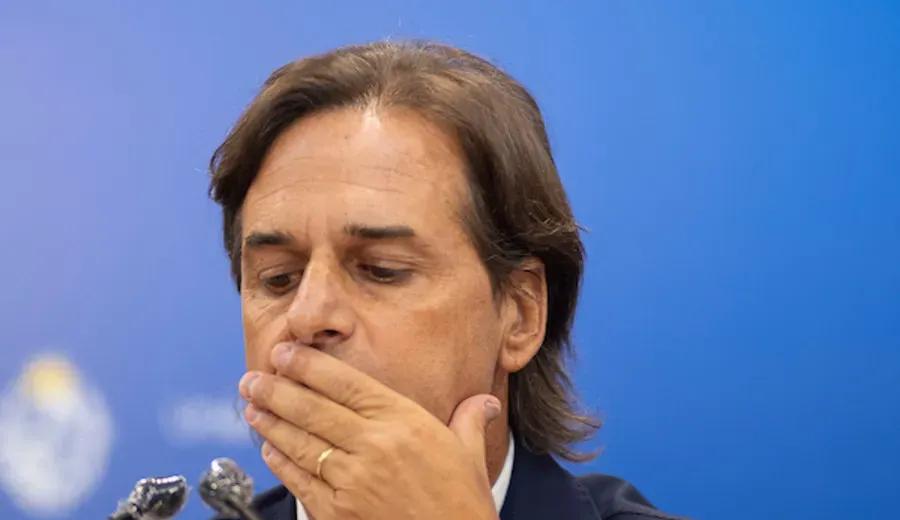By Alejo Lasala and Franco Matías Vicchio
At the last Mercosur summit, the Uruguayan President Luis Lacalle Pou criticized Javier Milei for his absence. He emphasized that “if Mercosur is important, then all presidents should be present,” with Lula Da Silva echoing similar sentiments. However, in 2021, it was the same National Party president who clashed with Alberto Fernández, stating that Mercosur was a “burden” and a “corset,” downplaying the opportunities the organization represented for his country and reaffirming Uruguay's desire to pursue its own free trade agreements outside Mercosur.
Now, this latest development seems to indicate that over the past three years, the Uruguayan president's stance has shifted: initially, from a critical view of the former Argentine president's stance against Mercosur to currently criticizing Milei's absence at the summit, highlighting the importance of regional integration. The reality is that if we analyze Uruguayan foreign policy during its experience with Mercosur, Lacalle Pou's statements do not represent a contradiction and are even aligned with what Uruguay expects from the organization.
To begin with, during Uruguay's early days in Mercosur, both Jorge Batlle and the Argentine and Brazilian presidents in the 1990s saw the organization as a free trade integration treaty in line with the liberal policies of the Washington Consensus, aiming to increase the commercial reach of the region with Western powers and among themselves. This convergence of interests did not last long, and coupled with the lack of agreements achieved by Mercosur, President Batlle sought to unilaterally establish a free trade treaty with the USA. This attempt was pursued during the end of his administration and the first term of Tabaré Vásquez but was hindered in practice because the USA did not want to disrupt its relationship with Argentina and Brazil in favor of a bilateral agreement with Uruguay. Vásquez, who followed similar foreign policy guidelines as his predecessor despite having a different political color, understood that a small country like Uruguay needed the complement of large markets and that Mercosur was not achieving significant extra-regional agreements.
Uruguay's claim is called “flexibilization”: it does not seek to undermine regional integration but to gain the power to enter into its own free trade agreements outside of Mercosur (due to the organism's inability to finalize them). This historical push for economic openness gained more relevance when Vásquez, in his second term, traveled to China to attempt to negotiate a bilateral trade agreement with Xi Jinping. This agreement has been Uruguay's goal for the last eight years, as the Asian country would not accept signing an agreement solely with Uruguay outside the Mercosur bloc. This is where Lacalle Pou comes into play, adopting a more orthodox economic policy and initially being hesitant towards regional integration.
However, Lacalle Pou, recognizing that the only way for the country to achieve this agreement is through strengthening Mercosur (as Mujica initially thought), had to reconsider his stance, adopting a pragmatic approach in his foreign policy declarations, aware of the difficulties of maintaining a hostile position like in 2021.
The idea of reaffirming regional integration and criticizing the Argentine president for not attending the summit follows the guidelines Uruguay has upheld for the past 30 years and is a victory of pragmatic realism where national interest surpasses the ideology with which a candidate may govern. If Uruguay cannot finalize those agreements outside Mercosur as Batlle, Vásquez, and the early Lacalle Pou wished, the most convenient bet is to focus on strengthening regional integration and pushing for extra-regional agreements with larger economies within the organization.


Comments